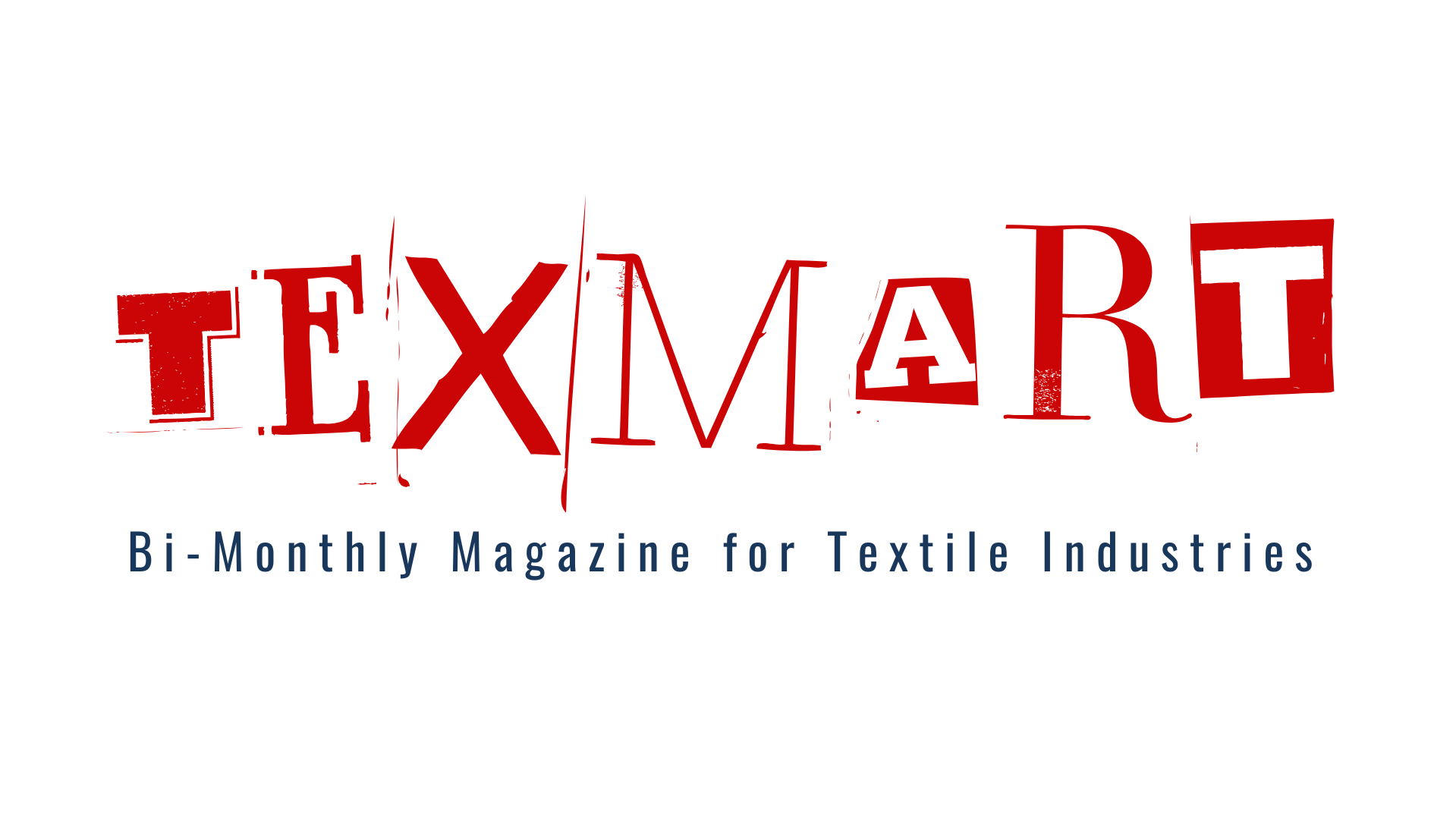Turning Carbon into Fashion: Twin Inventors Neeka and Leila Mashouf Transform CO₂ into Sustainable Textile Fibres
In a remarkable leap towards climate-conscious innovation, twin sisters Neeka and Leila Mashouf, both 28, have developed a groundbreaking enzymatic process that converts carbon dioxide (CO₂) emissions into biodegradable, cellulose-based fibres. This revolutionary advancement has the potential to reshape the textile industry, offering an eco-friendly alternative to conventional fabric production methods that heavily rely on petroleum-based resources and contribute to global greenhouse gas emissions.
Each year, the global textile sector is responsible for releasing billions of tonnes of CO₂ into the atmosphere, making it one of the most polluting industries worldwide. Alarmed by the environmental cost of fast fashion and inspired by nature’s own carbon cycle, the Mashouf sisters launched their startup, Rubi, with the aim of closing the loop on carbon emissions.
At the heart of Rubi’s innovation is a proprietary enzymatic system that replicates the natural process trees use to absorb CO₂ and produce cellulose, a key component of plant structure. Instead of happening over time in forests, however, this process is fast-tracked and carried out inside a chemical reactor. Here, industrial CO₂ is captured and fed into a closed-loop system, where enzymes convert it into cellulose fibres that can be spun into textiles. These fibres are not only biodegradable and renewable, but they also bypass the need for agricultural land, water-intensive crops like cotton, and harmful petrochemicals.
“We wanted to create a material that not only replaces unsustainable fabrics but also actively helps reverse climate change,” said Neeka Mashouf. “Our technology proves that fashion and sustainability can co-exist without compromise.”
The sisters’ innovation is drawing international attention and acclaim. Rubi’s carbon-negative fibre technology has earned them a place among the Tomorrow Shapers in the prestigious Young Inventors Prize 2025, presented by the European Patent Office (EPO). This award recognises young innovators whose work addresses global challenges and supports the United Nations Sustainable Development Goals.
Their vision extends far beyond fashion. The cellulose-based material developed by Rubi can potentially be used in packaging, paper products, and other industrial applications, providing a scalable solution for carbon utilisation across sectors.
With major textile manufacturers already exploring partnerships with Rubi, the Mashouf sisters are hopeful their technology will scale rapidly, paving the way for a truly circular, climate-positive economy. As the fashion industry faces growing pressure to decarbonise, Rubi offers a beacon of hope — a future where CO₂ is not a waste product but a valuable resource.
News Curtesy: Euro News



